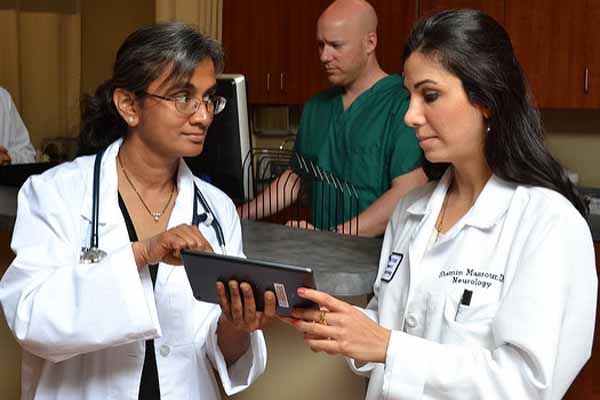
Healthy workplace relationships are born of mutual trust. This applies to your peers, superiors, and the people you manage.
As these relationships evolve, you have to work at keeping them productive and fulfilling, especially once the getting-to-know-you phase has come and gone.
TMA practice consultant Juliana Stanley says most relationships have five stages.
- Stage one: People get to know one another and spend time together in close proximity but don’t have real understanding of each other’s thoughts and ideas.
- Stage two: People begin building trust and caring for one another. Compatibility and common background and goals influence continued interaction.
- Stage three: Continuation of the relationship requires growth and development, typically through continued interaction and affirming mutual trust.
Stage three is a dynamic and healthy one, marked by productive activity and change. This is the sweet spot. If you want — or need — to continue a relationship that has progressed to this point, you have to find ways to nurture it. For example, take time to listen to and respond to the other person, acknowledge accomplishments, and be reliable. One successful business leader said he habitually makes small promises to people just so he could keep the promise to build trust and goodwill.
Working on relationships is important because when they stagnate, they start to fall apart.
- Stage four: Deterioration begins as boredom and dissatisfaction with daily interaction and duties may cause less communication and loss of trust. However, rebuilding still is possible. “If the relationship is valuable to you, you may need to make the first move to bring it back to stage three,” Ms. Stanley said.
- Stage five: This is the end, when loss of trust has deteriorated the relationship to the point at which it is no longer possible to resolve problems and reestablish belief in one another.
Good communication skills are the No. 1 asset in a relationship. Three continuing medical education (CME) courses from the Texas Medical Association can help you hone yours: Physician Collaboration and Communication; Recipes for a Happy Staff; and new managers may benefit from Crash Course for First-Time Managers.
These courses, along with hundreds more hours of CME, are available free to TMA members, thanks to a generous sponsorship from TMA Insurance Trust.
Last Updated On
November 15, 2018
Originally Published On
November 15, 2018